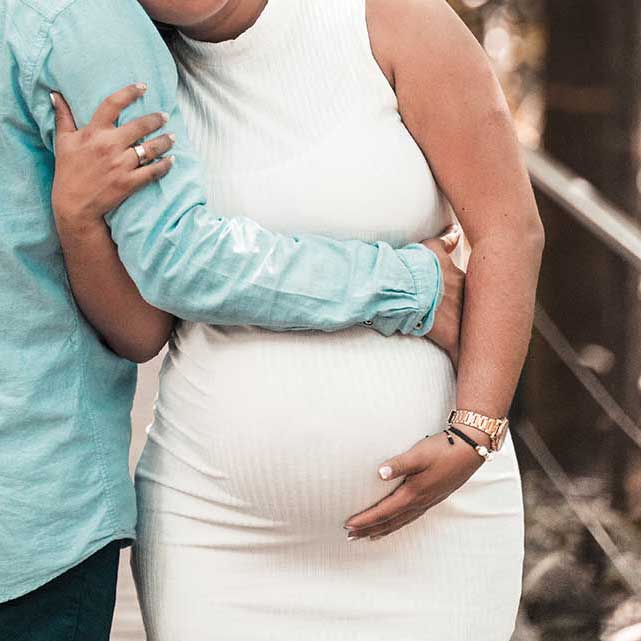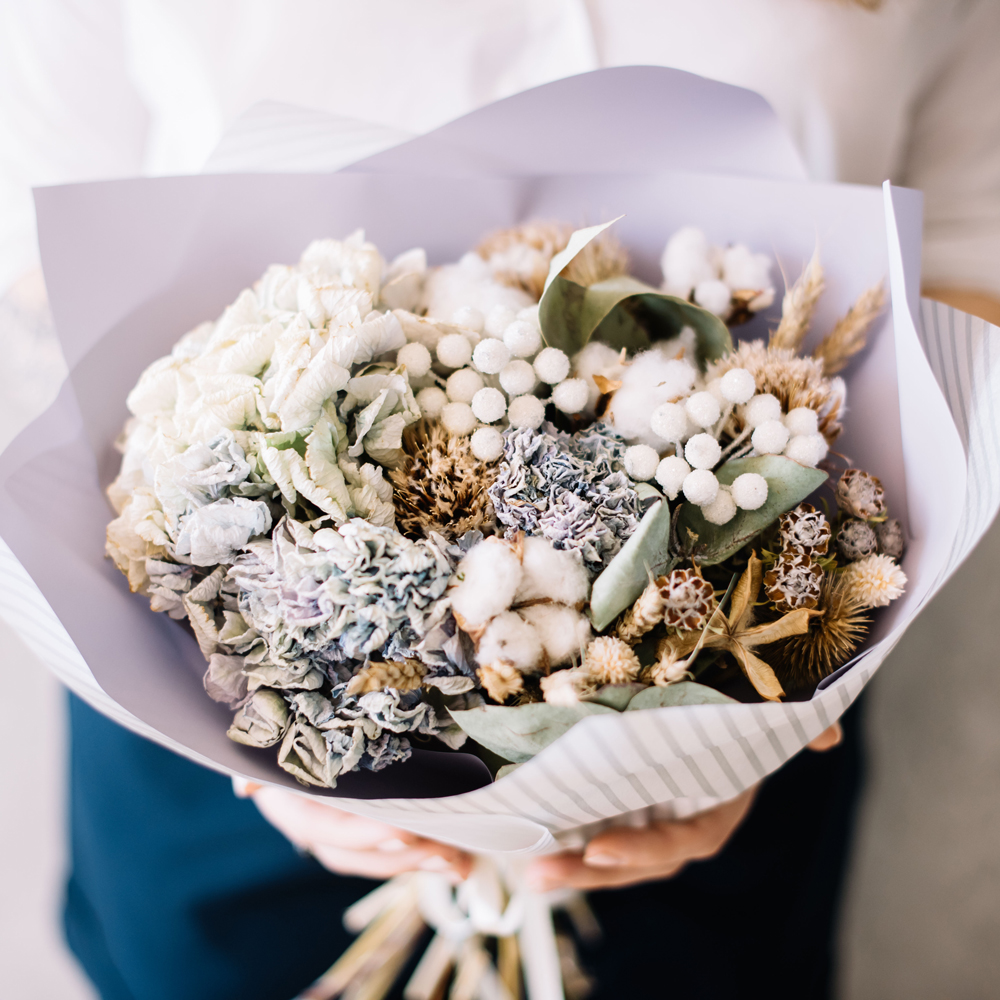Meet Our Experts: Dr Moerangi Tamati from Hapū Wānanga
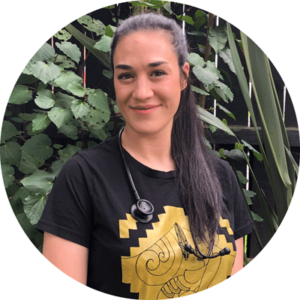
Meet Dr Moerangi Tamati from Hapū Wānanga, our go-to expert for all your birth and postpartum questions from a kaupapa Māori perspective. Each month we’ll be posting a question box on our Instagram where you can write in, then we’ll put your pressing questions to our expert panel.
Ko wai koe?
Ko Taranaki te Maunga
Ko Kurahaupō me Tokomaru ngā waka
Ko Hangataahua me Waiōngana ngā awa
Ko Parihaka, Puniho Pā me Kaipakopako ngā marae
Ko Ngā Mahanga a Tairi me Puketapu ngā hapū
Ko Taranaki Tuturu, Te Atiawa me Ngāti Mutunga ngā iwi
Maungārongo ki te whenua, whakaaro pai ki ngā tangata katoa.
Tell us about yourself.
Kia ora, ko Moerangi Tamati toku ingoa, e noho ana ki Ngāmotu e mahi ana hei tākuta.
My name is Moerangi, I am from New Plymouth and I work as a doctor at Taranaki Base Hospital in the women’s health department. I also support the Hapū Wānanga Taranaki kaupapa Māori antenatal education program alongside my colleague Tawera Trinder, who is a Māori midwife.
What are your qualifications and how long have you been working in this area for?
I was lucky enough to have been raised speaking te reo Māori and guided by tikanga Māori and this has a huge influence in my professional life. My background was initially as registered nurse from 2010, working primarily in maternity and neonatal units. I then went on to become a doctor, graduating in 2017. I will begin my training in Obstetrics & Gynaecology in 2022. My dream is to care for Māori women, pēpē and their whānau, ensuring they get the best care with tikanga Māori being my overarching guide.
What does an average day in your role at Hapū Wānanga Taranaki look like?
My role in Hapū Wānanga is facilitating sessions in tikanga Māori, relating to pregnancy, delivery and whenua practices, as well as the more ‘medical’ types of sessions such as pain relief and intervention in birth and immunisations. However, a huge part of our mahi is behind the scenes – planning, social media, data collection, resources, researching for other tikanga, online programmes and website development – in which we as a team tackle. It is an ongoing job that never stops but is heaps of fun – we are constantly messaging each other about new ideas to make Hapū Wānanga even better.
When you’re not taking Hapū Wānanga, what other mahi do you do day-to-day?
Work at hospital is my full-time job which is very busy. When I am not doing that I am spending time with my partner Reagan and our 2-year-old daughter, Kōkōwai.
Tell us in five words how the māmā and whānau attending your programme would describe you.
Tikanga Māori, Safe, Connection, Empowering.
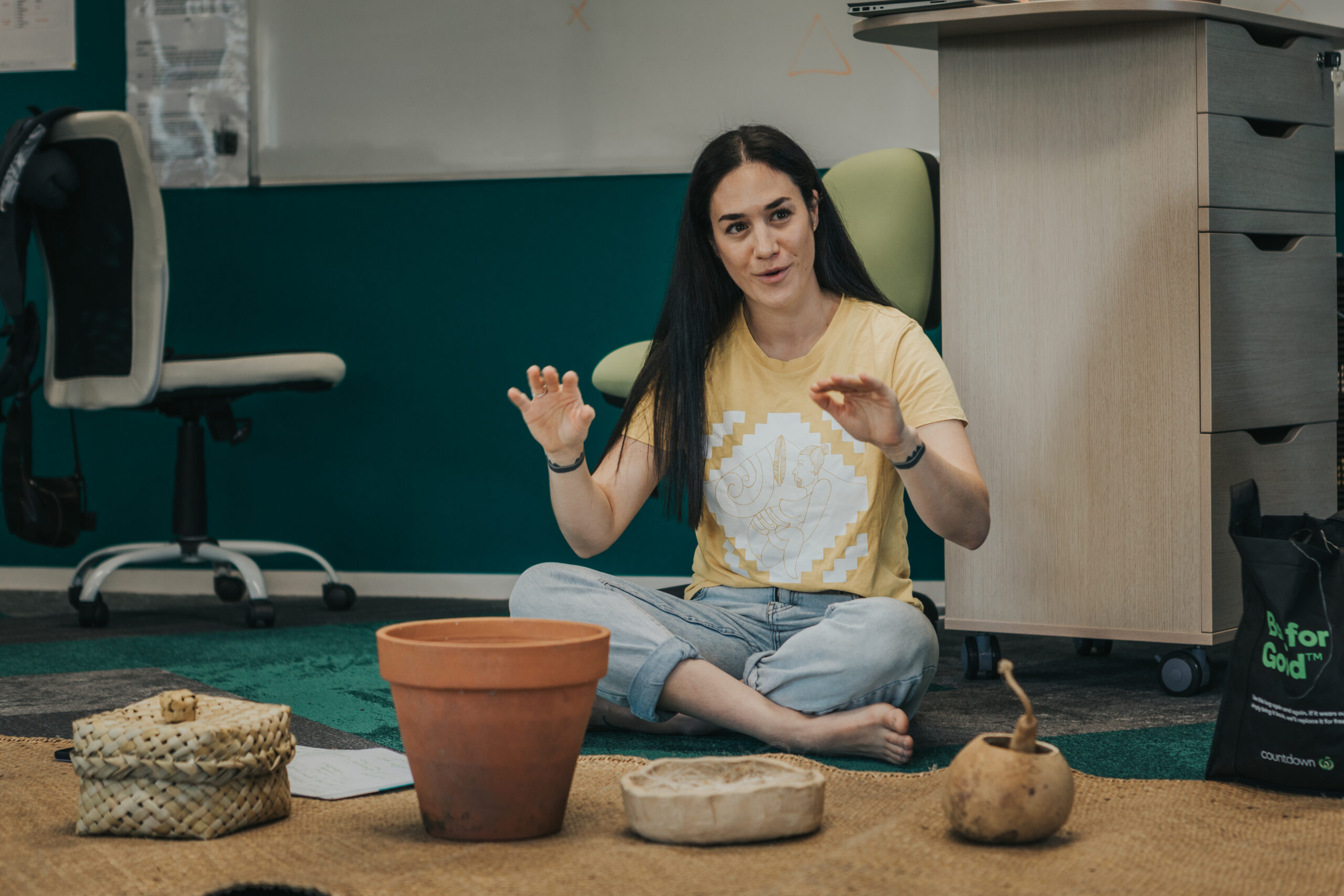
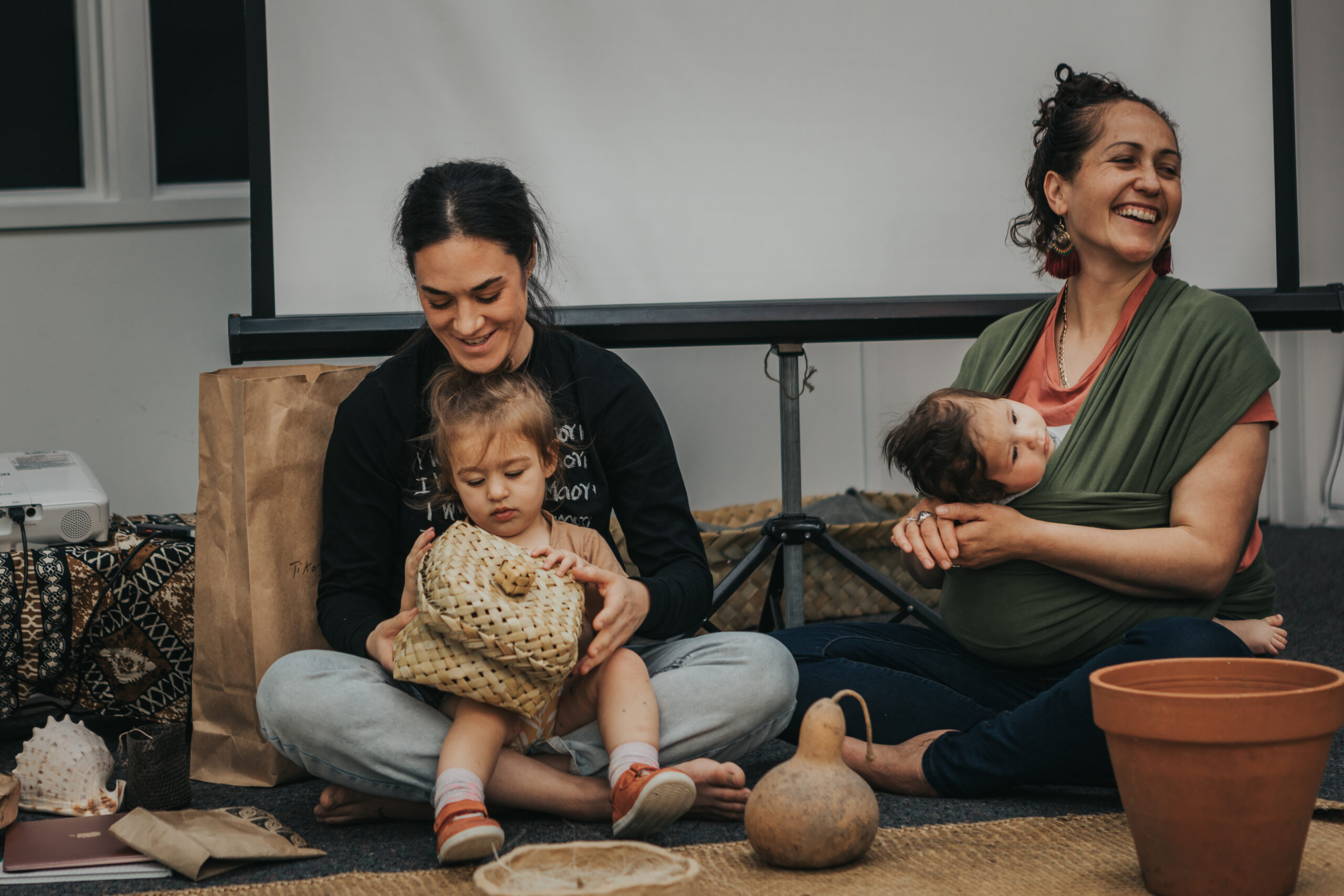
When it comes to taking care of māmā, what are you most passionate about?
I love seeing māmā blossom with their confidence after attending Hapū Wānanga. Seeing their energy change at the end of the two days at wā, feeling so excited to give birth and put into practice customs that make us unique as Māori – it’s infectious and keeps us going with this mahi as facilitators. I also often see māmā and whanau in hospital later on when they come to hospital to give birth and their confidence is so beautiful to see.
What are the most common challenges you see māmā facing during pregnancy and postpartum, and how do you help them through Hapū Wānanga?
I believe lack of support is the biggest challenge at any stage in bringing a pēpē into this world. You can’t do it alone – pregnancy, birth or postpartum. Hapū Wānanga is one way of addressing support issues – where we give tips for how to organise and reach out to potential support networks as well as bringing together other māmā who are in a similar situation that they can form a support network.
What is your health and wellbeing philosophy, especially in terms of Te Whare Tapa Whā?
My approach to health and wellbeing is being holistic, taking in the whole picture of the person struggling with their health/wellbeing. I think that we have come really far in mental health awareness as a society but we still need to do better. Te Whare Tapa Whā is exactly that – it is a health model that acknowledges that physical health is only a component of overall health. At Hapū Wānanga, we use a balance of traditional knowledge and modern clinical knowledge to provide an overall holistic approach to health and wellbeing.
